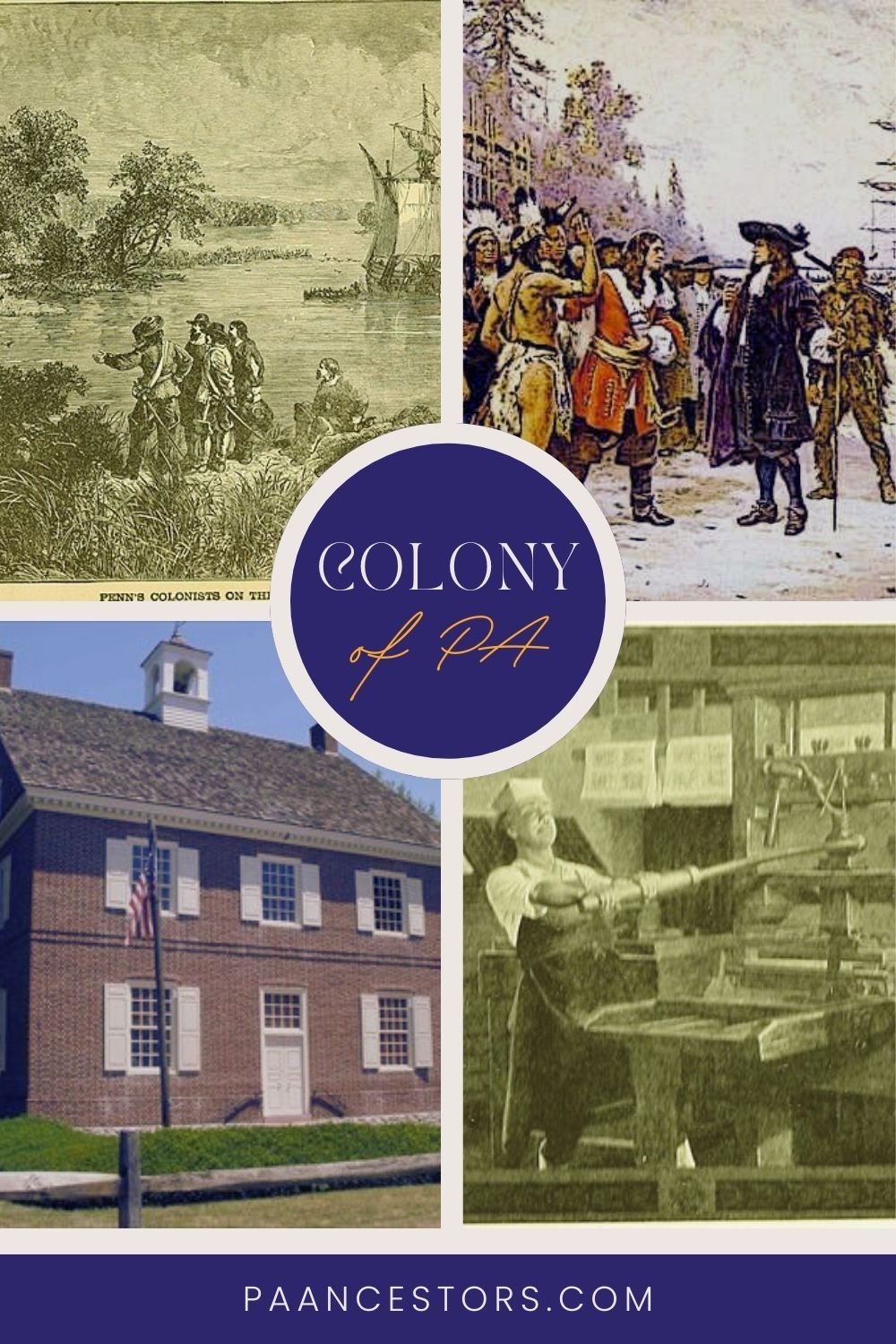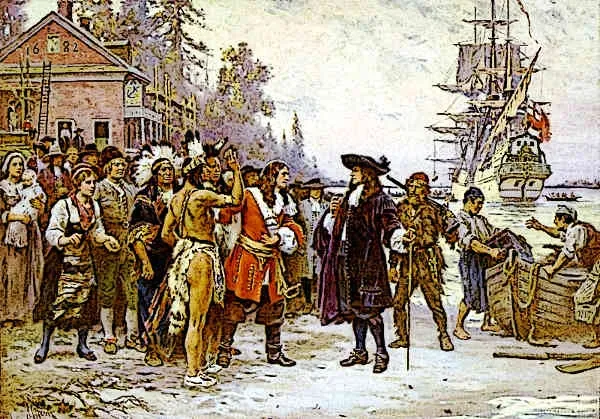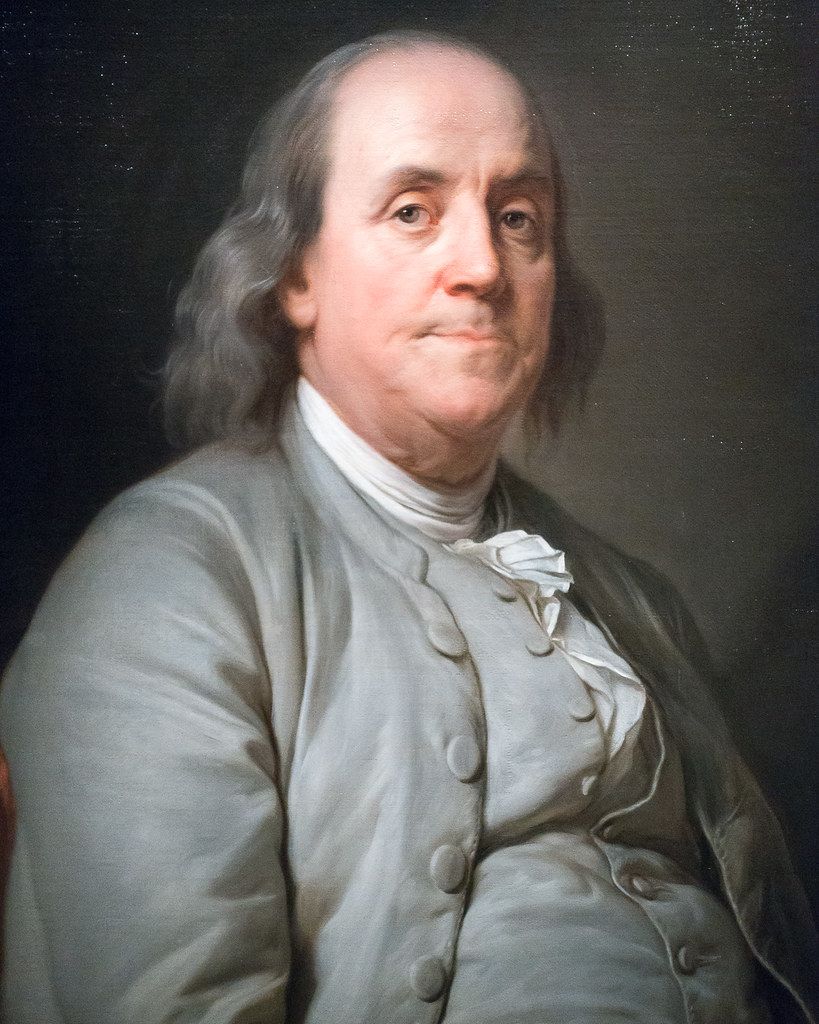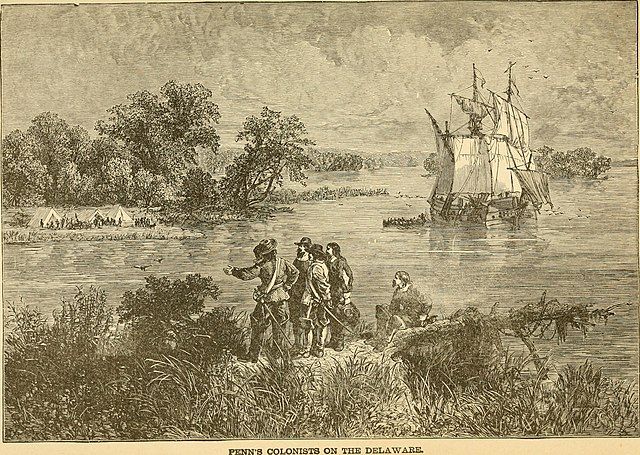Pennsylvania's Colonial Government: A Tale of Religion, Democracy, and Progress
Explore the history and achievements of Pennsylvania's colonial government. Learn about the establishment, key figures, challenges, and influence of the PA Colony on the U.S.

Pennsylvania's colonial government holds a significant place in American history.
Established as a independent Province in the 17th century, it played a crucial role in shaping the development of the United States. This article covers the history of Pennsylvania's colonial government, exploring its establishment, structure, key figures, role of the Pennsylvania Assembly, challenges and conflicts it faced, and its progress and achievements.
The Establishment of Pennsylvania as a Colony
Pennsylvania was founded by William Penn in 1681 as a haven for English Quakers. Penn, who converted to Quakerism in 1666, obtained the land from King Charles II and named it Pennsylvania, meaning "Penn's Woods." The colony quickly attracted settlers from various European countries, including England, Ireland, and the provinces of what would become Germany.
These settlers joined Dutch and Swedish colonists who arrived in 1638, creating a diverse population. Penn believed the events of the Book of Revelation were playing out in the 1680’s and saw Pennsylvania’s wilderness as a place refuge for Quakers. He did not force his views on others and envisioned a government that would respect the rights of individuals. Penn called Pennsylvania his “Holy Experiment.”

The Structure of Pennsylvania's Colonial Government
Pennsylvania's colonial government was unique compared to other colonies of the time. Its founding consisted of four principles radical at the time: freedom to practice any religion, fair trial by jury, freedom from unjust imprisonment, and democratic elections.
After Penn died in 1718, the government consisted of three branches: the Governor, the Supreme Council, and the Pennsylvania Assembly. The Governor, appointed by the British Crown, held executive authority. The Council, also appointed, served as an advisory body to the Governor. The Pennsylvania Assembly, on the other hand, was elected by the male property-owning residents and held legislative power. This system sought to strike a balance between the interests of the Crown and the colonists.
Key Figures in Pennsylvania's Colonial Government
Several influential figures emerged in Pennsylvania's colonial government, leaving a lasting impact on its development:
William Penn, the founder of Pennsylvania, played a pivotal role in shaping the colony's government structure and principles. His emphasis on religious freedom and democratic governance influenced not just the Pennsylvania colony but the later writing of the Constitution.
Benjamin Franklin, who served as a representative of Pennsylvania in the colonial government during the mid-18th century. Franklin's contributions to science, philosophy, and politics had a profound influence on the development of the colony.
Penn’s sons: John, Thomas, and Richard, took over governing the colony while their father returned to England for legal matters and renounced many of the founding principles. Thomas was the instigator of the infamous Walking Purchase of 1737 with the Lenape.

The Role of the Pennsylvania Assembly
The Pennsylvania Assembly served as the legislative body in the colonial government.
Composed of elected representatives, it shaped the laws and policies of the colony. The Assembly had the power to propose and pass legislation, pass private laws for individual citizens, levy taxes, and oversee the administration of justice. It acted as a check on the power of the Governor and the Council, ensuring that the interests of the colonists were represented.
The Pennsylvania Assembly continues today not as one legislative body, but a bicameral one with Representatives and Senators.
Challenges and Conflicts in Pennsylvania's Colonial Government
Pennsylvania's colonial government faced its fair share of challenges and conflicts. William Penn, deeply in debt in the 1760’s, tried to sell the Province of Pennsylvania back to the British Crown. They fortunately never purchased it back.
But the Crown did begin appointing governors for the colony. The results was a constant struggle for power between the Governor and the locally-elected Assembly. The Governor, representing the British Crown, often sought to exert control over the colony, while the Assembly of English Quakers, Irish, and some Germans, fought to preserve its rights and liberties. This power struggle led to frequent clashes and disputes, never fully resolved until the Revolutionary War.

Progress and Achievements of Pennsylvania's Colonial Government
Despite the challenges it faced, Pennsylvania's colonial government achieved notable progress in various areas.
It established a strong commitment to religious freedom and tolerance, attracting diverse communities for over 100 years to the colony. The positive results from diversity of religion and ethnicities, influenced the founding fathers of the United States and the development of the nation's constitution.
Pennsylvania also became a center for intellectual and cultural development, with institutions such as the University of Pennsylvania, the Free Library of Philadelphia, and the American Philosophical Society founded during this period.
The colonial government promoted economic growth, investing in infrastructure projects and encouraging trade in the second half of the 18th century. This focus on progress and development laid the groundwork for Pennsylvania's prosperity in the 19th century.
Pennsylvania's Colonial Government as a Fascinating Chapter in History
Pennsylvania's colonial government stands as a fascinating chapter in American history.
It was established by a man seen as a religious radical and structured as a representative democracy unlike any other colony. The legacy and impact of Pennsylvania's colonial government can still be seen today in the democratic principles and value of tolerance it championed. The story of Pennsylvania's colonial government serves as a reminder of the importance of living by one’s values.
© 2019–2023 PA Ancestors L.L.C. and Denys Allen. All Rights Reserved.
